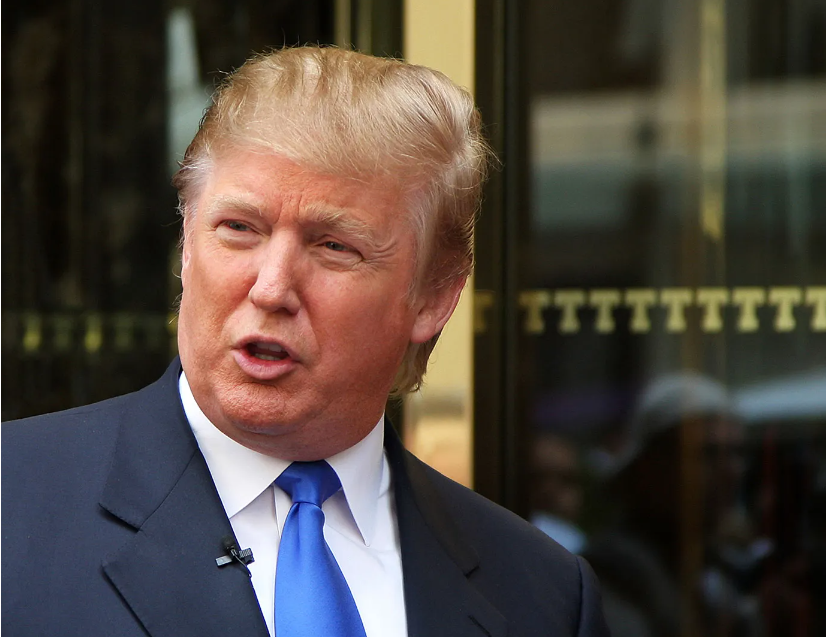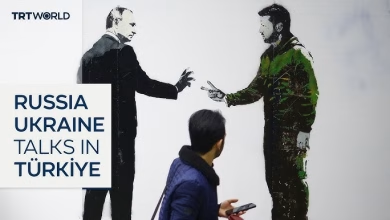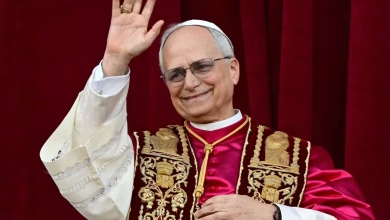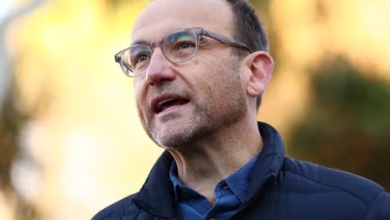On Wednesday, Donald Trump, the Republican candidate for President, alleged that his recent debate with Democratic rival Kamala Harris was “rigged,” although he did not provide concrete evidence to substantiate this claim. Trump’s accusation centered on his belief that the debate was unfairly managed, implying that the rules and moderation were biased against him. This assertion comes amid a highly charged political atmosphere and reflects ongoing criticisms from Trump regarding the fairness of media and debate processes.
In an interview on Fox News, Trump elaborated on his allegations, stating that the debate was manipulated in favor of Harris. He claimed that adjustments and corrections were made during the debate that unfairly benefited his opponent. Trump’s comments suggested a lack of confidence in the debate’s integrity and implied that the debate was part of a broader pattern of unfair treatment towards him by media and debate organizers.
Trump’s accusations come at a time when debates and their management are under increased scrutiny. The debate in question was a significant event in the presidential race, and Trump’s dissatisfaction with its handling highlights the contentious nature of the current electoral process. His remarks reflect broader frustrations within his campaign regarding perceived media bias and debate fairness.
The debate itself was a key moment in the campaign, drawing significant public and media attention. Trump’s claims of a rigged debate have intensified the focus on how debates are conducted and moderated. This situation underscores the challenges faced by both candidates as they navigate a highly polarized and scrutinized political environment.
As the presidential race continues, Trump’s allegations about the debate add to the ongoing narrative of controversy and dispute that surrounds the election. His criticism of the debate process and media coverage is likely to influence public perception and fuel further debates about the fairness and integrity of the electoral process.




